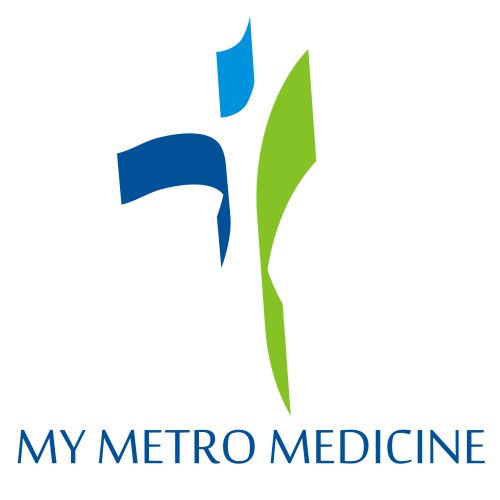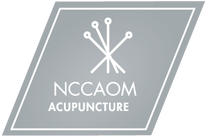|
For centuries, wars have plagued our world and wreaked havoc on its economies pushing them to the brink of collapse and forcing societies and cultures to transform in order to meet the needs of the struggling people. Ways of life have morphed into forms that no longer resemble living. The concept of "being" has been overshadowed by the practice of "doing". We are never not on the move. We are chasing life, running from death, rushing to the next thing, or running from the last thing. We constantly live in the past or in the future. Then, before we know it, we have ticked our last tock. Long life or not, our time has run out. With the passing of each moment, we no longer live in the past. The point of time where we rushed out of bed to rush and make our morning coffee to rush to work to rush home, all the while rushing to retirement and running away from death as fast as humanly possible, we are always on the move. Never stopping...always going. Never being...always doing. Life is meant to be lived and this requires action. But when one moment has passed and another is yet to come, should you fight to run from or towards either of them? Should you let your history define your present? Or should you let your history guide you to your present?
We, and all of existence, are born to live in the "now"; to live in the present. When your day at work has finished and it's time to go home, that day of work no longer exists. It is time for you to go home; to the home where you live physically, to the home where you live mentally, and to the home where you live spiritually.
A long life is by no means symbolic of a good life. Ancient texts that preserve the secret methods of longevity may have been testing the limits of time to see how far they could push them. We will never know their true purpose of this quest, nor what they were afraid of, if anything, that led them to desire the need for longevity. So I can only question their potential desire by asking, what's the point? Why focus on the need to live a lengthened number of days? Why not focus on the most effective ways to live a "good life", a happy life, and a life that exists in the present and nowhere else? Making the choice to live a "good life" is to make a choice to ignore all distractions in your life; eliminate all stressors in your life; erase all dissatisfaction from your life; and ultimately, dismiss all sense of time in your life. Choose "now", and nothing else exists. Not even time, a concept created by humans. The fact that we only get one life to live should be enough reason for us all to make the right choice: the choice to live a "good life" versus a "long life". Enjoy the moment you are in now and I guarantee you that you will forget all about your desire for a long life. That, my friend, is a "good life". And it will win every single time.
0 Comments
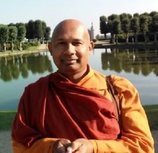 Last October, our health clinic was blessed with the presence of a Buddhist monk by the name of Bhante Dhammawansha. He visited our clinic to deliver a talk on the practice of mindfulness and how we can use it to reduce stress in our busy lives. His talk encompassed a variety of lessons, all of which were designed to free us from creating our own suffering. This blog is about these lessons. I hope they serve you and inspire you to join us on March 4 for a Mini-Meditation Retreat led by Bhante himself! Lesson #1: A Full or Empty Mind Does Not Equal Mindfulness
Lesson #2: Respond. Don't React
Lesson #3: Mindfulness Leads to Happiness
Lesson #4: Don't Make Yourself Blind (or Anyone Else)
"An eye for an eye only ends up making the whole world blind." - Mahatma Gandhi
Lesson #5: Lead By Example
If you found these lessons to be valuable, we hope you can join us on Saturday, March 4 for a Mini-Meditation Retreat led by Bhante himself. Details can be found here. (Registration is required.) Peacefully, Justin Flinner is the owner of My Metro Medicine and has worked in the exercise and health industries for nearly 20 years. He is a licensed medical practitioner, university professor, and national champion in Chinese martial arts. He has worked for numerous government and financial institutions in the nation's capital delivering programs, seminars, and classes on countless health topics. Please send any inquiries you have for Justin to [email protected].
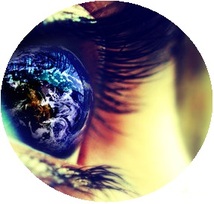 Recently, I had the honor of participating in a Tai Chi performance at the Washington National Cathedral's event "Seeing Deeper" with my teacher, Master Nick Gracenin, and other masters across the east coast. The event was created to offer learning opportunities to the public designed to enhance one's awareness of the body, mind, and spirit. The magnificent space of the cathedral was cleared entirely of chairs and benches in order to mimic the vastness of medieval cathedrals, served traditionally as places of gathering and community. The "Seeing Deeper" event also served as just this, a place of gathering, with nearly 100 people performing together the relaxing arts of Tai Chi and Qigong for nearly two hours. During our practice, my teacher inserted elements of these art forms that trace back thousands of years into their philosophy which was used as the foundation of the healing arts of China, including Acupuncture and Chinese Medicine. These elements included the essence of not only health practices and Tai Chi application but also important methods used to enhance one's quality of life. Traditionally and modernly, we know these elements as Yin and Yang as well as the Five Elements. Unfortunately though, many sources of traditional teachings were lost during the Cultural Revolution that took place in China during the 20th century. Although some of this was safeguarded, many people to this day are constantly excavating and learning through self practice the true essence and meaning of the Yin and Yang, the Five Elements, and simply how to live a life of peacefulness and understanding. The combination of the five human senses is the foundation of love. So, what does it mean to be "Seeing Deeper" anyway? Does the act of "seeing" in fact require the use of the human eye? And does "deeper" refer to the space or ground beneath us? The human body is known to have (at least) five senses: sight, hearing, smell, taste, and touch. When you remove one of these senses, e.g. close your eyes, does it make it easier or more challenging to "see"? The question is only relative to the situation in which you are attempting to "see". If you were walking ten miles across an unknown landscape, this would make the task challenging and perhaps more dangerous, but not entirely impossible. If you were simply trying to experience the texture of a piece of fruit, removing your ability to see might in fact make it easier. At the same time, would your other four senses be reduced or heightened? If your mind is no longer focusing on the use of your eyes, then your intention required would be sent directly to the senses you are still capable of utilizing allowing for them to be heightened. In the example of the piece of fruit, your sense of smell would be heightened as you would know exactly what piece of fruit it would be without even touching it, you could tap it to determine its density, you could examine its texture by touching it, and lastly, you could experience its deliciousness with your sense of taste. The art of seeing deeper requires not the skillful ability that is developed over time, but rather the innate ability that reveals itself after years of shedding away the layers of human suffering. So again, does the act of "seeing" truly require the use of the human eye? It depends on the context in which you are applying the act of "seeing". On a deeper level, when we wish to see within ourselves to understand our purpose as well as the meaning of life, we must first make a connection with our surroundings, both material and immaterial. Then we must use equally and non-judgmentally our five senses in order to experience what life has to offer. The combination of the five human senses is, in fact, the foundation of love.
The art of seeing deeper requires not the skillful ability that is developed over time, but rather the innate ability that reveals itself after years of shedding away the layers of human suffering. This said, we can only discover what is within ourselves by relating it to what is without ourselves (the outside world). Looking within is only possible by looking without. In the year 2015, practice enhancing your ability to "see deeper" by using your senses in these ways: Truly experience the textures of the food you eat. Envelop yourself in the smells of a gorgeous flower garden. Naturally move your body with the sounds (of music) that surround you. Take in visually the artistic palette of colors the world has to offer. Sensually feel the skin of the person you love and adore the most. Peacefully, 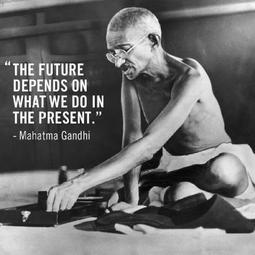 In this very moment, take a look at where you are. Take a look at what you are doing. Take a look at who is around you. Take a look at the thoughts going through your mind. Be aware of everything in your external AND your internal surroundings. Now take a deep breath in. As you exhale, breathe out the words Thank you and imagine sending these words as a kind, heart-felt message to everything in your external surroundings. Now do this two more times; once for your internal surroundings, thanking yourself for your breath, your heart beat, your abilities of sight, hearing, taste, smell, and touch, then once more for everything inside and outside of you. ~Now smile!~ You've just completed an exercise in mindfulness and being present. Now... What does it mean to be present? What does it mean to be mindful? What does it mean to just BE? These are questions that we typically do not focus on from day to day. So, even better than making an attempt to provide an answer of some sort, I invite you to experience what it means to you to be present, be mindful, and just BE. Here are a few tips on how to get started: Step 1: Atten-Hut! Sit on the last half or 2/3 of your chair so that you back does not touch the support behind you. Place both feet flat on the floor and directly under your knees. Straighten your back from the bottom of your tailbone to the crown of your head. Finally, rest your hands on your lower abdomen, one on top of the other. Step 2: Breathe. Slowly and evenly take a deep breath in and push your belly into your hands and notice your abdomen expanding in all directions. Hold this breath for a brief second and then continue by exhaling out at the same speed you inhaled. Notice your hands and your abdomen returning to their original positions. Step 3: Close Your Eyes. Let your eyes relax and slightly lower about 20-30 degrees to look at the ground in front of you. Then close your eyes and begin to focus only on your breath and the natural movement of your abdomen. After you complete a few breaths, you should begin to feel more relaxed. At this point, you should begin to let your breath fill your whole body, almost as if you are breathing with every inch of yourself, not just your lungs. Bonus Step: Take a Look Around. Once you feel confident with the first three steps, begin focusing on the bottom of your feet. Feel every inch of your feet relax and spread out on the floor as you continue to feel your breath move throughout your entire body, especially the bottom of your feet. This will help you to feel more grounded and stable in the present moment so that you do not fly away into every thought that enters your mind and attempts to overtake you. "Always say 'yes' to the present moment... Surrender to what is. Say 'yes' to life - and see how life starts suddenly working for you rather than against you." To understand what it means to be present, mindful, and just BE, you must experience it first. Practice these steps every day for at least five to ten minutes, and then notice what you feel. Has there been a change after one week? How about even one day? Being present, whether you are a beginner at it or make it look effortless, we must all remember it is not just another exercise to be added to your daily list of things to do. Begin by making it a routine, something you won't forget, and something that is important to you. Then, and only then, will you be closer to remembering what it was like to just be here and now. After all, if you cannot allow yourself to be present, what makes you think everything else around you will be? If you need more guidance on being present or mindful, please contact us at (202) 505-2805 for a Mindfulness Jump-Start Session to help you on your journey towards a more relaxed and present you. Peacefully, Enjoy this Video from "60 Minutes" on Mindfulness with Anderson Cooper & Jon Kabat-Zinn
|
Posted here are...inspirational ideas on healthy living through eastern medicine, optimism, and possibility through empowerment. Archives
March 2020
Categories
All
|
HOURS & LocationMondays-Thursdays 5:30-6:30pm (Tai Chi & Qigong only)
Fridays 5:00-6:00pm (Tai Chi & Qigong only) Saturdays 1:00-6:00pm (Acupuncture only) |
CONTACT Us |

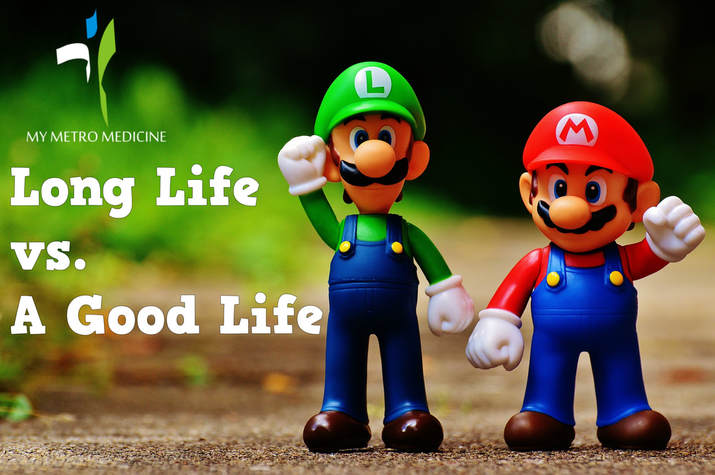

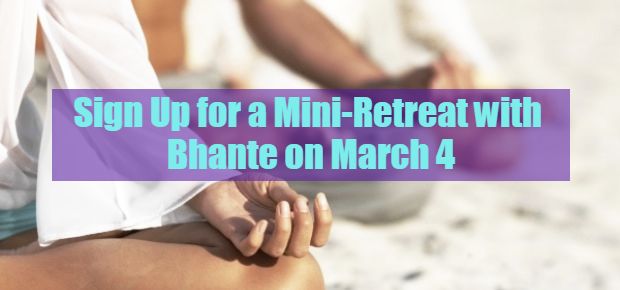



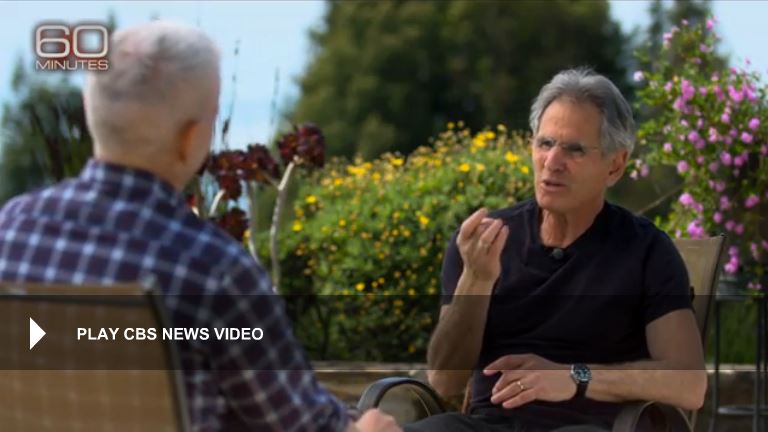
 RSS Feed
RSS Feed
